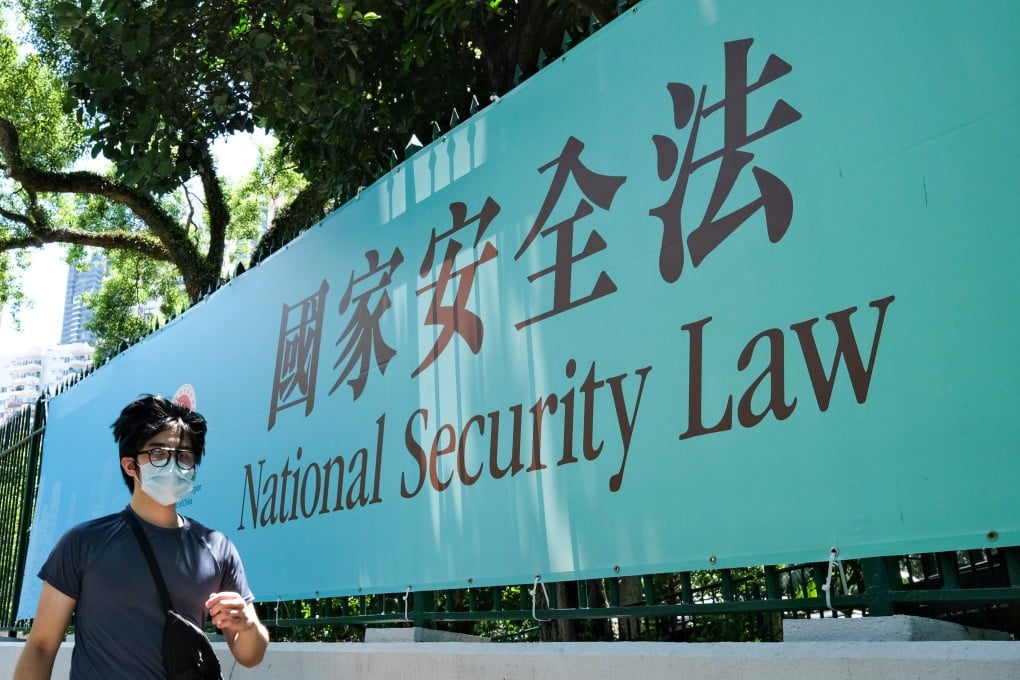National security law: Beijing suspends Hong Kong’s extradition treaty with New Zealand in tit-for-tat move
- Foreign ministry in Beijing accuses Wellington government of gross interference in China’s internal affairs and politicising judicial cooperation
- New Zealand earlier pulled out of extradition treaty in response to imposition of the national security law in Hong Kong

Beijing officials also accused the Wellington government of politicising judicial cooperation and gross interference in China’s internal affairs when they announced the tit-for-tat move on Monday, marking the latest in a series of collapsed fugitive agreements co-signed by Hong Kong.
“Therefore, China has decided to suspend [Hong Kong’s] extradition agreement and the deal on mutual legal assistance in criminal matters with New Zealand,” he added at the regular press conference.
The Hong Kong government said in a statement it had also served notice on the New Zealand consulate on Monday to suspend the extradition deal between the two jurisdictions.
“The move by New Zealand smacks of political manipulation and double standards,” said a city government spokesman, referring to national security legislation introduced in the Pacific country.

05:50
What you should know about China's new national security law for Hong Kong